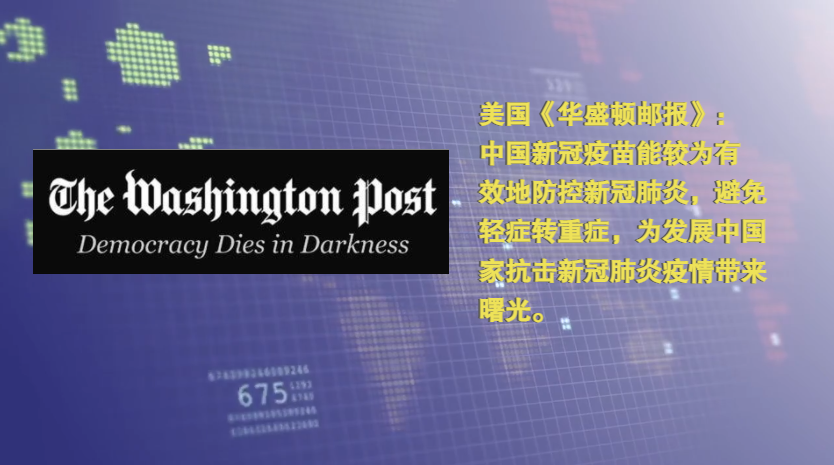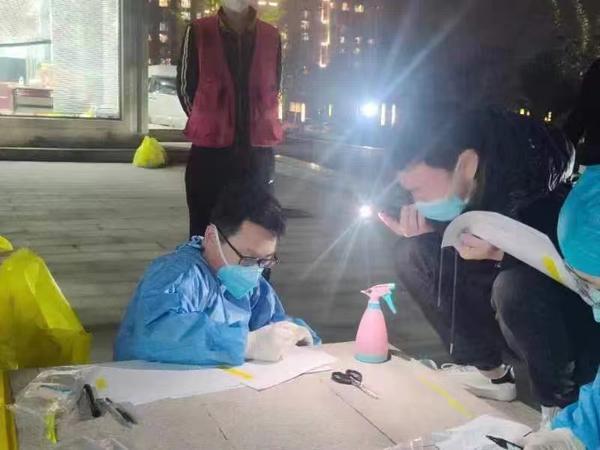自2020年初,全球被一场前所未有的公共卫生危机——新型冠状病毒(COVID-19)疫情所笼罩,其影响之深广,超乎想象,这场疫情不仅对人类健康构成了严重威胁,还对全球经济、社会结构、教育体系以及国际关系等方面产生了深远的影响,本文将从英文视角出发,探讨新冠疫情的全球影响、应对措施以及未来的展望,旨在为国际社会提供一份全面的疫情应对参考。
全球健康挑战
The COVID-19 pandemic has reshaped the global health landscape, posing a significant threat to public health systems worldwide. The virus's high transmissibility and lack of pre-existing immunity led to a surge in cases, overwhelming healthcare facilities in many countries. The World Health Organization (WHO) declared it a pandemic on March 11, 2020, marking the beginning of a global health emergency.
The initial focus of the response was on containing the spread through measures such as lockdowns, travel restrictions, and social distancing. However, these measures, while necessary, also caused economic disruptions and mental health issues, highlighting the interconnectedness of health and other sectors.
Economic Impact
The economic fallout from the pandemic has been profound. The International Monetary Fund (IMF) estimated that the global economy contracted by 3.3% in 2020, the first contraction since the Great Depression. Small businesses and informal sectors were particularly hard hit, with many facing bankruptcy or forced closure. Supply chain disruptions led to shortages of essential goods and services, further exacerbating economic stress.
The impact on employment was severe, with millions of jobs lost globally. The pandemic accelerated the trend towards remote work but also exposed the digital divide, with many workers in developing countries unable to access the necessary technology or internet connectivity.
Social and Educational Challenges
The pandemic also disrupted social dynamics and education systems. School closures led to a loss of normalcy for children and youth, disrupting their learning processes and social interactions. Online learning became the norm, but its effectiveness was limited by inadequate infrastructure and access to technology. The digital divide widened further, exacerbating educational disparities.
Moreover, the pandemic highlighted the importance of social support networks in times of crisis. Quarantine measures isolated individuals and communities, leading to increased reports of domestic violence, mental health issues, and loneliness. The need for a comprehensive approach that addresses both physical and mental health became evident.
Global Cooperation and Vaccine Distribution
In the face of this global challenge, international cooperation became crucial. The COVID-19 vaccine rollout demonstrated both the power of collaboration and the challenges ahead. While some countries were able to secure vaccines early on through pre-purchase agreements or domestic production, others struggled to access them due to supply shortages or logistical issues. This inequality in vaccine distribution has been a source of tension between nations and highlights the need for a more equitable global health system.
The COVAX facility, a joint initiative by WHO, UNICEF, and Gavi, aimed to ensure equitable access to vaccines for all countries. However, its effectiveness has been hampered by delays and funding shortfalls, underscoring the need for greater financial support from wealthy nations.
Future Prospects and Lessons Learned
As we move towards a post-pandemic world, several lessons have been learned that will shape our future responses to health crises:
Invest in Health Infrastructure: Strengthening public health systems and investing in preventive measures is crucial to mitigate the impact of future pandemics.
Digital Inclusion: Addressing the digital divide is essential for effective remote learning and working, as well as improving access to healthcare services.
Global Cooperation: Cooperation between nations is vital for managing crises on a global scale, including vaccine distribution and economic recovery efforts.
Preparedness Planning: Governments and institutions must develop comprehensive emergency response plans that incorporate lessons learned from past crises.
Mental Health Support: The mental health of individuals and communities must be prioritized during and after crises to prevent long-term consequences.
Conclusion
The COVID-19 pandemic has been a defining moment in our collective history, revealing both our resilience and our vulnerabilities. As we navigate this new reality, it is essential to learn from our experiences and build a more resilient global community that is better prepared for future health emergencies. The英文视角使我们能够更清晰地认识到国际合作的重要性,以及在面对全球性挑战时,每个国家都不是孤岛,而是相互依存的共同体,让我们携手共进,为构建一个更加健康、安全、包容的世界而努力。
转载请注明来自爬爬百科,本文标题:《全球疫情下的挑战与应对,新冠疫情的英文视角》












 京ICP备11000001号
京ICP备11000001号
发表评论